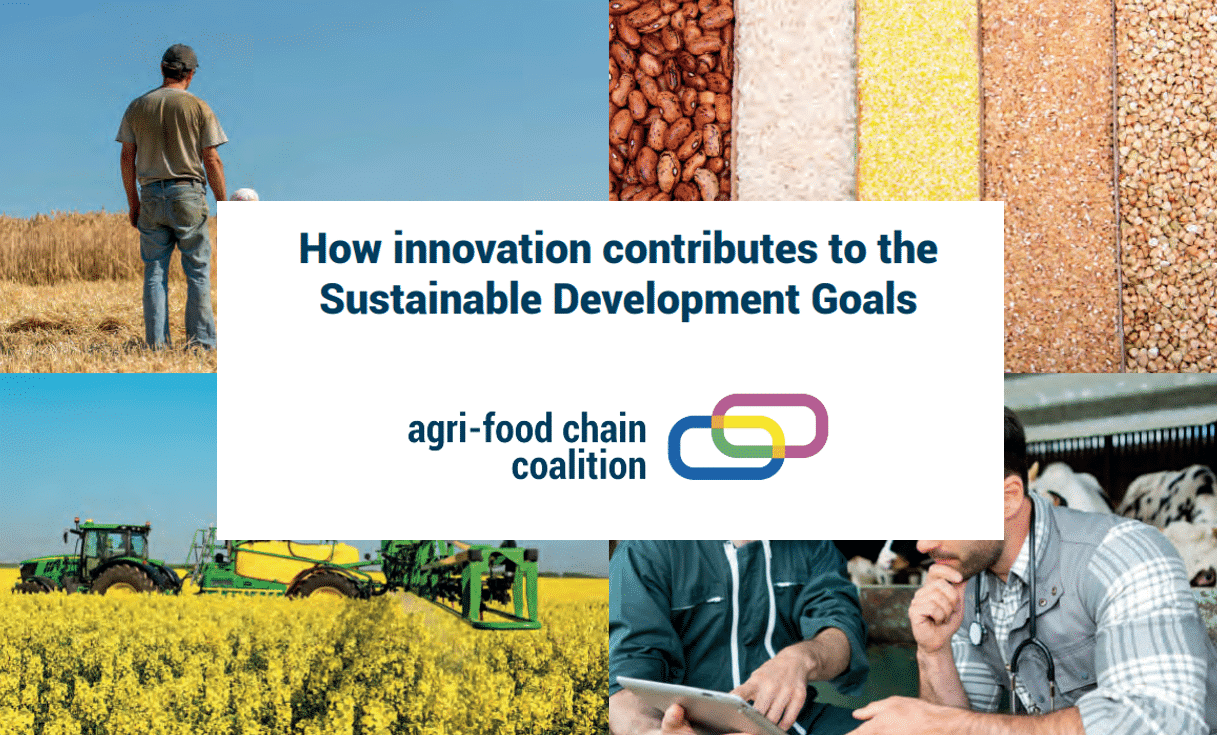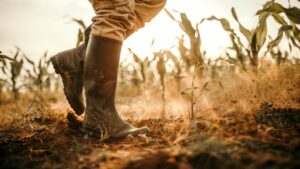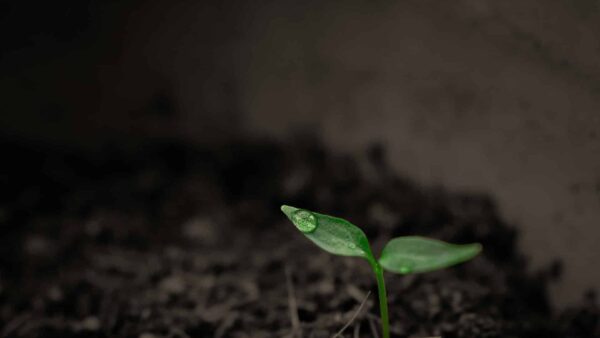Hosted by MEP Eva Kaili, the event brought together representatives of the FAO, KeyGene, an SME active in the field of plant breeding innovation, the Council of Young Farmers (CEJA), and CEMA, the European Agriculture Machinery Association to showcase sustainability best practices, and to discuss how the EU can support and stimulate continuous innovation in the sector.
Starting by introducing the synergies between the SDGs and livestock farming – i.e. contribution to a decrease in poverty and hunger – FAO representative Mr Acosta elaborated on the way livestock farming contributes to achieving the Sustainable Development Goals (SDGs), while highlighting the complexities and challenges that come with it.
“It is important to bring this discussion within the European Parliament because we all have a duty to play to continue and encourage even further innovation in the agri-food chain with policies that let European farmers and businesses be competitive while playing a key role in the global effort to meet the Sustainable Development Goals,” said MEP Eva Kaili. “Businesses are often seen as the cause of the problems the SDGs are trying to solve, however it is very clear that they are also the ones who are best placed to provide the much needed solutions to the problems the SDGs are trying to address.”
Jean-Philippe Azoulay, Director General of the European Crop Protection Association, and current Chair of the AFCC said: “The SDGs are an ambitious set of goals, and the entire agri-food chain is committed to working towards their achievement. The key to this is a political and regulatory environment which encourages and stimulates innovation. It’s important to remember that the SDGs are global in nature, and we in Europe should play a central role in the drive to ensuring that they are met. The agri-food chain is ready to play its part.”
The AFCC partners have been proud to showcase innovative solutions supporting a more sustainable agri-food sector, trying to address challenges such as climate change and the growing population, while meeting society’s food demands and preserving the environment and natural resources. To do so, the AFCC partners strongly believe in robust collaborations with regional, national, European and international institutions to provide the right framework, guidance, incentives and measurement outlines, necessary to promote and track progress in the comprehensive Sustainability Agenda set out by the UN Sustainable Development Goals.
Source: ESA












